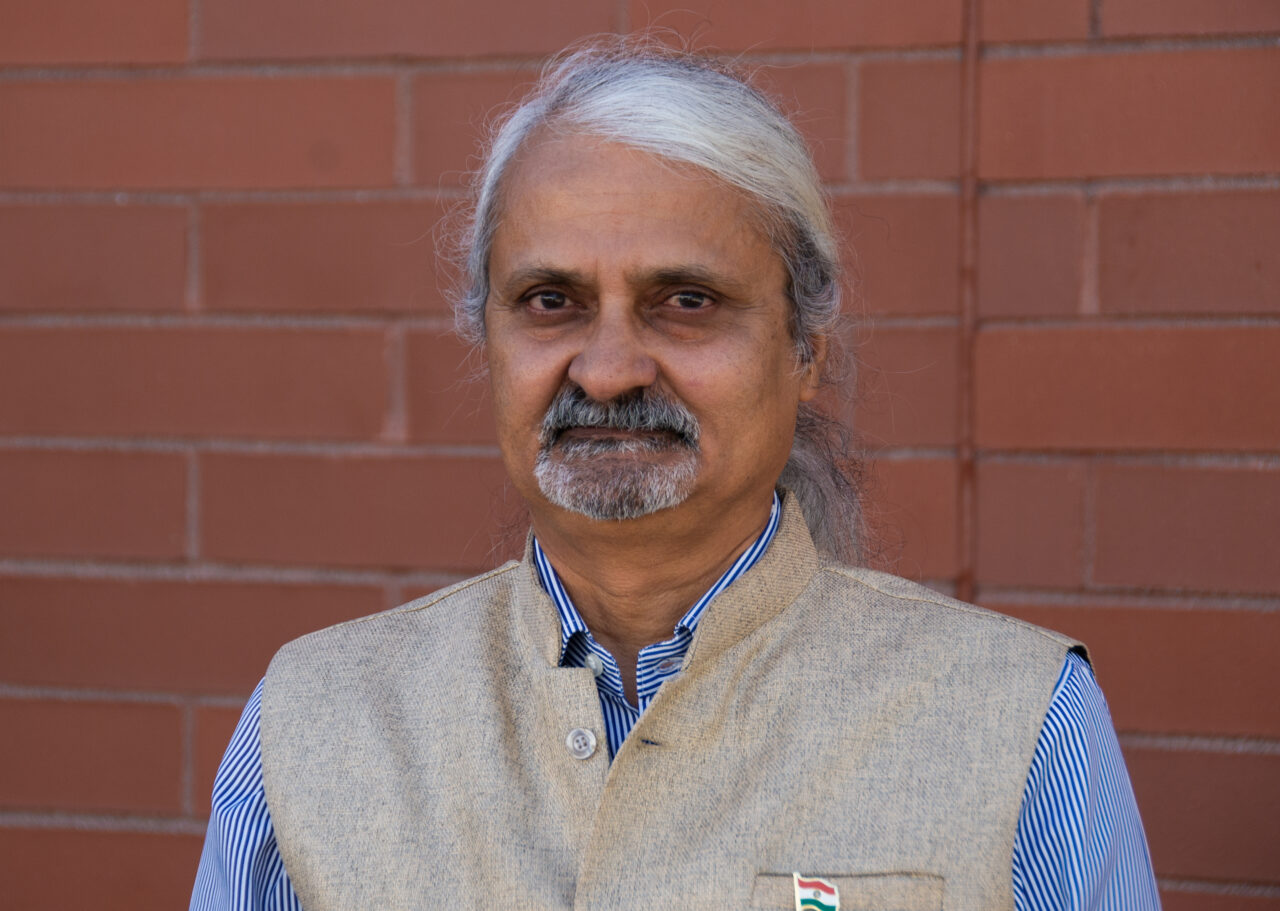Wesleyan Selected to Host Fulbright Scholar-in-Residence

Wesleyan University has been selected to host a Fulbright Scholar-in-Residence from India to teach new courses and to help incorporate more international perspectives into the chemistry curriculum during the 2023-2024 academic year. Prof. Pawan K. Sharma, an expert in organic synthesis and medicinal chemistry at Central University of Haryana, Mahendergarh and earlier Dean of Research and Development at Kurukshetra University, Kurukshetra, was selected for the Fulbright award by the Fulbright Foreign Scholarship Board.
The Fulbright Scholar-in-Residence Program brings visiting scholars from abroad to U.S. colleges and universities, helping the institutions internationalize their curricula, campuses and surrounding communities, and diversify the educational experiences of their students, faculty, staff, and stakeholders. Prof. Sharma is one of more than forty-five Fulbright Scholars-in-Residence, and among 1,000 outstanding foreign faculty and professionals who will teach and pursue research in the United States for the 2023-2024 academic year through the worldwide Fulbright Visiting Scholar Program.
Prof. Sharma is the first scholar from Central University of Haryana as well as Kurukshetra University to be selected as a Fulbright Scholar-in-Residence. He is a recipient of the Fulbright-Nehru International Education Administrators Award of the United States-India Educational Foundation, the Srinivasa Ramanujan Birth Centenary Gold Medal of the Indian Science Congress Association, a Bronze Medal from the Chemical Research Society of India, and the National Award from the Indian Chemical Society. He was also selected to accompany the Twenty-first Indian Scientific Expedition to Antarctica in 2002.
In the fall semester, Prof. Sharma will teach an advanced course on the use of nuclear magnetic resonance spectroscopic techniques to determine the structures of complex organic molecules. In addition he will be involved in outreach activities both on campus and in the surrounding community. Prof. Sharma will add a non-Western dimension to a number of topics in the chemistry curriculum, such as new drug development and environmental chemistry. He will also provide the Wesleyan campus with unique international perspectives on science research and teaching. A major goal of his fellowship will be to forge a strong connection between Wesleyan and Haryana Universities for faculty and student exchanges through Wesleyan’s South Asia Research Opportunities program.
The Fulbright Program is the U.S. government’s flagship international academic exchange program and is supported by the people of the United States and partner countries around the world. It is funded through an annual appropriation from the U.S. Congress to the U.S. Department of State’s Bureau of Educational and Cultural Affairs (ECA). Participating governments and home and host institutions, corporations, and foundations around the world also provide direct and indirect support to the Program, which operates in over 160 countries worldwide.
Since its inception in 1946, over 400,000 people from all backgrounds — students, scholars, teachers, artists, and professionals — have participated in the Fulbright Program and returned home with an expanded worldview, a deep appreciation for their host country and its people, and a new network of colleagues and friends. Fulbright alumni have become heads of state, judges, ambassadors, cabinet ministers, CEOs, and university presidents, as well as leading journalists, artists, scientists, and teachers. They include 62 Nobel Laureates, 89 Pulitzer Prize winners, 78 MacArthur Fellows, and thousands of leaders across the private, public, and non-profit sectors.
ECA sponsors the Fulbright Program, and several non-profit, cooperative partners implement and support the program on the Bureau’s behalf. For further information about the Fulbright Program or the U.S. Department of State, please visit https://fulbrightprogram.org or contact the Bureau of Educational and Cultural Affairs Press Office by e-mail: ECA-Press@state.gov.

